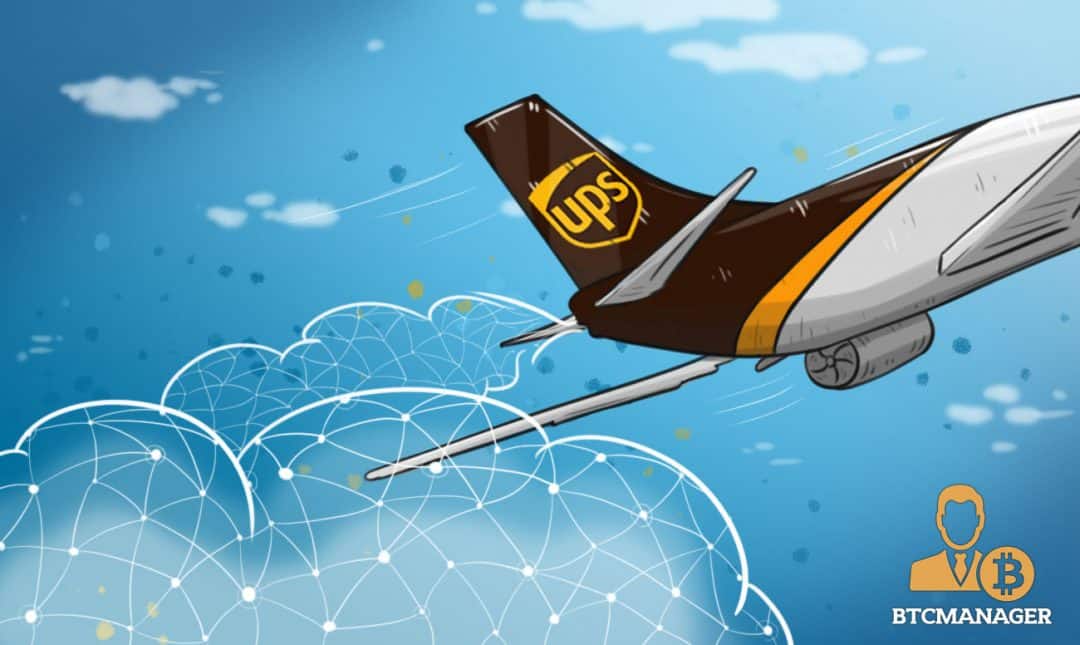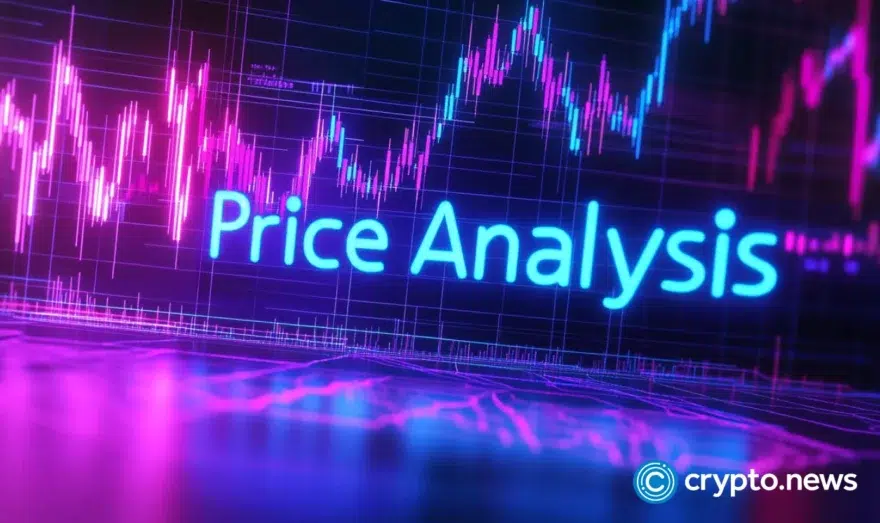UPS Joins Blockchain in Transport Alliance To Revolutionize Trillion Dollar Freight Industry

UPS recently announced their participation in a forum called Blockchain in Transport Alliance, or BITA, which looks to develop blockchain technology tailored for the freight industry, as well as educate members of the forum about the blockchain and its implications for logistics.
With Freight and Logistics accounting for $1.5 trillion in the United States alone, this number is only expected to increase on a domestic and international scale, as economies continue to grow, as well as rely on an international supply chain for goods and services.
However, the industry is ill-prepared to take on this growth, considering the amount of fraud, inefficiency, and other things that must be addressed to handle more people relying on logistics for their packages. Numerous intermediaries increase the points of failure, delay shipping times, and increase prices. Not only does it inconvenience the customer awaiting the package, but it also adds further complication and makes it difficult to see who’s at fault if a package goes missing or is damaged.
The FBI stated in a piece back in November 2010 that they estimate the value of cargo theft to be $30 billion, which has most likely increased from that number as the e-commerce industry and online shopping now account for most of the packages shipped within the United States.
This is where the blockchain technology comes in; its characteristics could potentially solve all of these problems, thus positioning shipping giants like UPS, as well as the 200 plus members of BITA, to work more efficiently, in terms of both costs and speeds.
For example, blockchain’s immutable ledgers could keep track of where a package has been, without the worry of someone altering records for malicious purposes. This would prove useful when a customer wants to track a delivery, or when a trail must be verified in the case of a missing or stolen package.
The blockchain could also do away with middlemen like brokers and cut down or even get rid of intermediary costs entirely. Currently, freight brokers exist to facilitate transactions between loads of shipments to carriers, and in exchange for their services, markup the price which is trickled all the way downstream, all the way to the individual customer.
For these reasons, and more, UPS’s Director of Enterprise Architecture and Innovation Linda Weakland is optimistic about the possibilities of leveraging blockchain technology within not only UPS but the logistics industry as a whole:
“It has multiple applications in the logistics industry, especially related to supply chains, insurance, payments, audits and customs brokerage. The technology has the potential to increase transparency and efficiency among shippers, carriers, brokers, consumers, vendors and other supply chain stakeholders.”
It’ll be interesting to see which comes first; an existing platform reinvigorated by blockchain technology, or a new platform made with blockchain technology to get rid of the other. A new project out of Italy, called LWF (Local World Forwarders) looks to create a decentralized logistics platform, and it will be interesting to see which one prevails. But either way, blockchain technology is the future.















